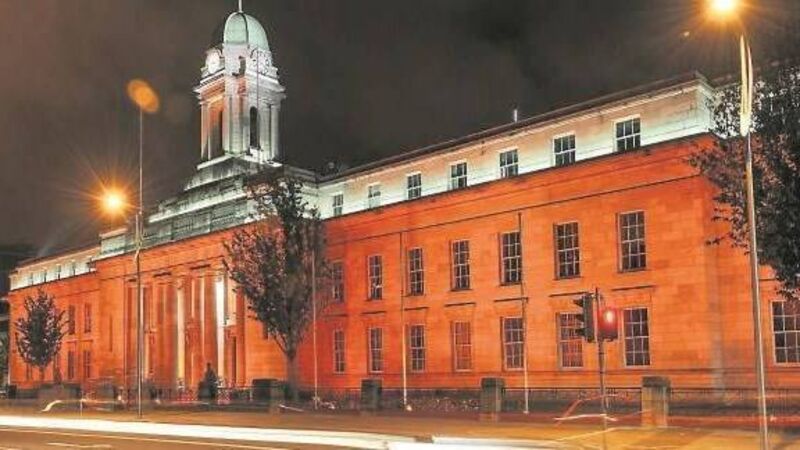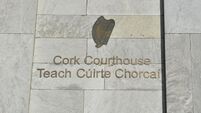Cork City Council increases budget for 2026 to €362.2m

On Wednesday, Cork City councillors voted in favour of an expenditure budget of €362.2m for 2026, a near €36m increase on this year's budget. Stock picture
Cork City councillors have voted in favour of an expenditure budget of €362.2m for 2026, a near €36m increase on this year's budget.
At its annual budget meeting on Wednesday evening, the council also approved a 5% increase in commercial rates, and agreed to reintroduce a rates incentive scheme offering a rebate of up to 4% to qualifying rate payers.
A collection of the latest business articles and business analysis from Cork.















